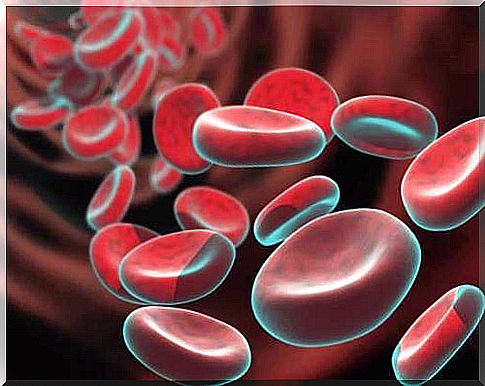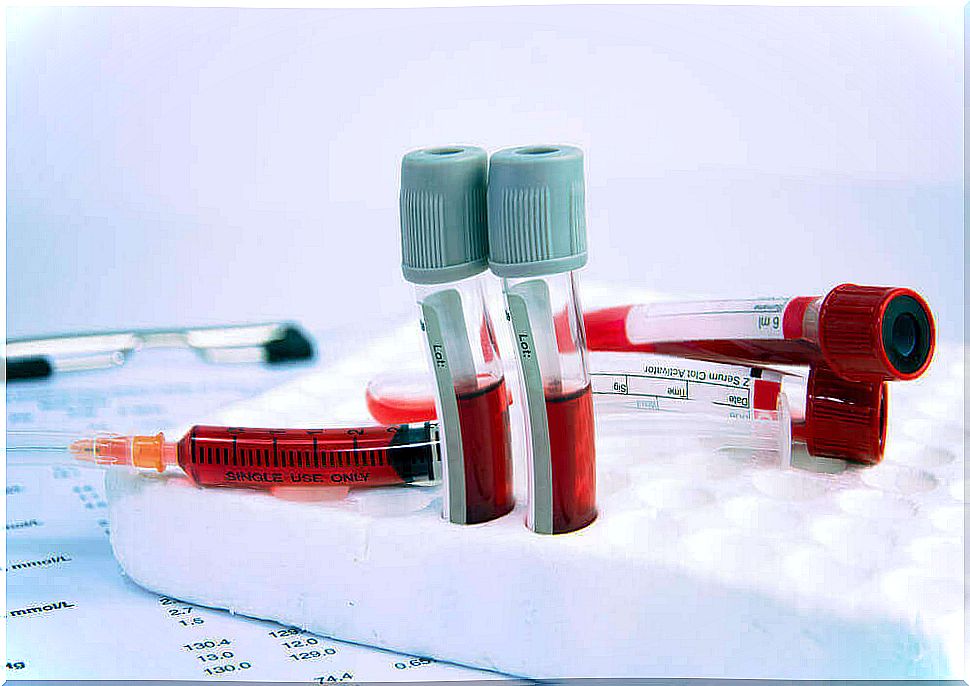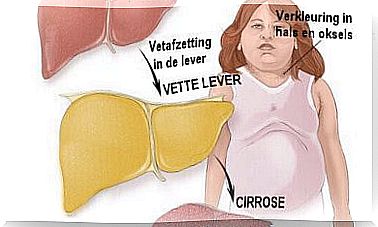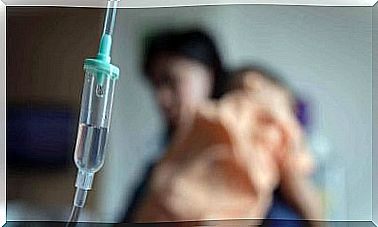How Do You Know If You Are Anemic?

It is very important to know if you have anemia, especially during pregnancy. It is also essential for people who suffer from symptoms such as fatigue and lethargy for no apparent reason.
Identifying anemia starts with noticing the signs and then moves on to additional investigations. The problem lies not so much with the medical aspect itself, but with how each person’s body reacts to a lack of hemoglobin.
Therefore, the clinical manifestations of anemia vary from patient to patient. Often they are non-specific, including symptoms that can also be caused by other pathologies.
Therefore, a doctor will first need to collect the information in order to request relevant laboratory tests. Below we take a closer look at anemia and how to know if you have it.
What is anemia?
Anemia is a deficiency of red blood cells and hemoglobin in the blood. Both components have normal values that we should maintain for the body to function properly.
Red blood cells are the blood cells that contain the hemoglobin protein. These cells have a half-life of about 3 months, which means that our bodies replace them every 90 days.
Their function is essentially to carry oxygen to various tissues. To accomplish their purpose, red blood cells contain hemoglobin, a substance rich in iron. The shape of this protein allows it to combine with oxygen and transport it.
As you can see, the key players in anemia are both red blood cells and hemoglobin. At the same time, it also indirectly concerns iron. Therefore, the three problems that can lead to anemia are the following:
- Bleeding that reduces the amount of blood circulating in the body.
- A lack of iron in your diet or the reduced ability of your gut to absorb iron in the diet.
- Chronic pathologies that alter the formation of red blood cells and their functioning.
Symptoms of Anemia

The signs and symptoms of anemia are varied and non-specific, meaning it’s hard to know if you’re anemic. Being more aware of the symptoms will help you know if you need to see a doctor. Fatigue, lethargy and lack of strength are all common characteristics.
The moment there is less oxygen circulating through the body, cells reduce their metabolic activity and wear out faster. This makes it more difficult to exercise, run and even just walk. Daily activities, such as climbing stairs, for example, can become a challenge.
In case of anemia, the respiratory tract tries to compensate for the lack of oxygen by taking it in from the outside. Therefore, you may feel breathless and your breathing may speed up.
It is unlikely that you can tell if you are anemic by looking at the color of your skin. However, the color of the inside of your lower eyelid can serve as a guideline. The lack of red blood cells leads to general paleness.
Other symptoms that may indicate that you may be anemic include:
- Headache.
- Palpitations and tachycardia.
- Dizziness, vertigo and fainting.
- The feeling that your feet are cold.
blood test

If your doctor suspects anemia, he or she will request a series of biochemical parameters, the most important of which is hemoglobin. You can find out the protein concentration in your blood through laboratory tests.
In a healthy adult, the hemoglobin in the blood in men should be between 13 and 18 grams per deciliter. In women, it should be between 12 and 15 g/dl. The margin is wider when it comes to children.
If a woman’s hemoglobin level is less than 12 g/dl, or less than 13 g/dl in a man, then there is anemia. Next, the doctor must determine the origin of this anemia to characterize the condition. To do this, doctors will have blood drawn.
So, how do you know if you are anemic?
The only way to really know if you are anemic is to measure the hemoglobin level in your blood through a lab test. Several symptoms can indicate anemia, but the diagnosis is based on more than just symptomology.
So see your doctor if you suspect you may be anemic because you are tired or pale, have a headache, or feel that your limbs feel cold. Once you have explained your symptoms, your doctor will ask for a relevant test.
The treatment of anemia in all its forms is possible either with iron supplements or by eliminating the cause of the blood loss. So, if you suspect anemia, don’t delay seeking medical treatment.









